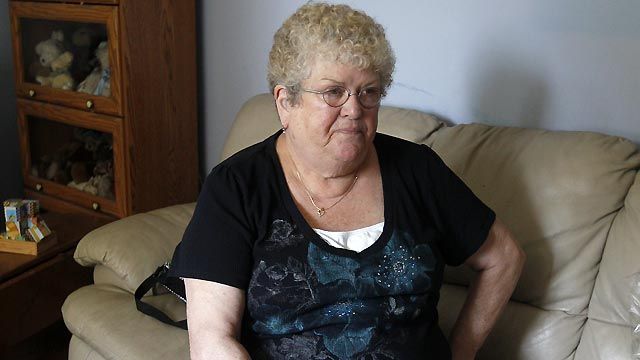Financial Advice for Bullied Bus Monitor Karen Klein
Bus monitor Karen Klein may have been defenseless as four seventh graders hurled brutal insults at her earlier this week. However, the public is now rallying behind her to the tune of more than $500,000, after a viral video of the grandmother of eight being bullied hit the Web.
FOXNews.com reported more than $500,000 has been donated to Klein via Indiegogo.com, after Max Sidorov, 25, from Toronto set up a fund in her name. Sidorov said he was “sickened” by the harassment Klein received at the hands of these children on her Greece Central School District bus route in Rochester, N.Y., where she is a 20-year veteran.
So how should Klein handle her newfound cash flow?
Frank Armstrong, president and founder of Miami-based Investor Solutions, said the funds Klein is receiving via the drive are similar to winning the lottery.
“This is a variation on any sudden inflow of money that you hadn’t anticipated,” Armstrong said. “If you don’t have a strategy in place, things can get twisted very quickly.”
He called upon a phrase he learned from his time in the Air force—“Stop. Think. Collect your wits.” Armstrong said he would advise Klein to stash the donations in a money market fund for at least one month in order to think about how she wants to deploy them. Keeping the money in an annuity fund may stop Klein from burning through the donations, so psychologically it has its advantages; however Armstrong said he would rather see her generate a strategy to keep the income flowing for the rest of her life.
“I’d like her to go to a Vanguard and find a portfolio with a split between global equities and short-term bonds, so one portion of the portfolio would go up and down, but she would have a big slug of money to draw on to provide her with known amounts of income for years to come,” he said. “But an annuity, in order to save taxes for a person who may not be in a tax bracket at all, isn’t necessarily the best choice.”
As far as the tax implications for Klein, Armstrong said the donation would never be taxable to the recipient. No matter how large the fund became as a result of multiple gifts, gift taxes are paid by donors, if at all.
“Of course, income on the fund would be taxed to the beneficiary, as we presume it’s going to be distributed,” he said. “We also suspect that her tax bracket may be zero or low, so for her that probably isn’t an issue.”
Kent Reed, president of the Atlanta office of Murphy Business & Financial Corp., said another investment Klein may consider is an absentee-owner business. For example, if she purchased a successful business in her area, she would not have to actually work it, but would have a return on her investment each year and have an asset to sell later.
“At the end of whatever she is done doing, she will have something to sell and get her money back,” he said.
If nothing else, Reed said to find a good accountant and financial advisor to help guide her decisions. Like Armstrong, he said an annuity may not be the best option for Klein, because it will not grow.
“She can more than live on $40,000 a year for 10 years, but after it’s gone what can she do?” he said.
Armstrong may also have outstanding debts like student loans for herself or her children, or credit card debt. If that is the case, Armstrong said paying them off in full is the way to go.
“There is not an investment strategy I would think of that could generate more for her than that credit card debt could cost,” he said. “I’d say pay it off and don’t spend a penny.”




















